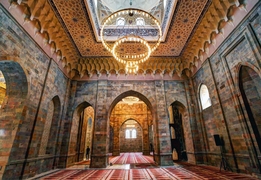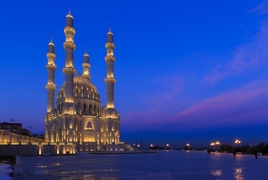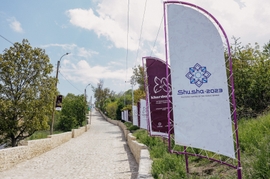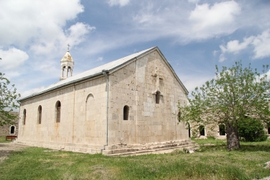A documentary-feature film “The Way to the Temple” directed by Azerbaijani director Rufat Asadov was included in the main program of the JESUS CINE FEST — International Christian Film Festival to be held in Argentina on September 10.
The film narrates a story about the historical religious tolerance in Azerbaijan, where the protagonist, played by actor Shahin Sarkaro, embarks on a journey to find his real self.
“The Way to Temple” documentary-feature film, previously featured at a festival in Vatican City, will be the first Azerbaijani movie to attend JESUS CINE FEST. The documentary was shot in the architectural monuments in the northwestern Gakh region of Azerbaijan — the Yeddi Kilsa (Seven Churches) Monastery and the Kurmuk Christian temple.
The monastery complex of Yeddi Kilsa (Seven Churches) is one of the oldest Caucasian Albanian apostolic monasteries in Azerbaijan and the Caucasus. It is located on the highest northern point of the village of Lakit in Gakh. The complex is distinguished from other religious architectural monuments of Azerbaijan with its unique architecture. It contains seven main structures, including two large churches, which most likely served as the main churches, and five small chapels. Some scholars are convinced that the complex was built in the 4th-5th (according to other sources, the 5th-7th) centuries, during the golden age of Christianity in Caucasian Albania. The latter was an ancient state unrelated to the modern-day Eastern European country of the same name, which existed in the territory of Azerbaijan between the 4th century BC and 8th century AD. Christianity was the main religious belief in this antique state.
The Kurmuk temple was built on the ruins of an ancient Albanian monastery of the 1st-3rd centuries, on top of a green hill. The road to the temple leads through a dense forest, along a trodden path. As a result of archaeological excavations in 2006, the remains of ancient buildings were found on the territory of the temple. Also, it was revealed that the Albanian temple was subjected to restorations in various historical periods. Kurmuk is a place of pilgrimage for thousands of people that have adopted monotheistic religions — Christianity and Islam.
Today, 26 Christian religious communities hold prayers in 16 churches across Azerbaijan. Four percent of the ten million population of Azerbaijan is constituted by the worshippers of the Russian Orthodox Church; Georgian Orthodox Church; Armenian Apostolic Church; Seventh-day Adventists; Molokan Church; Roman Catholic Church; other Christians, including evangelical churches and Jehovah’s Witnesses, as well as Jews and Baha’is, and the International Society of Krishna Consciousness, according to 2019 Report on International Religious Freedom: Azerbaijan released by the US Department of State.


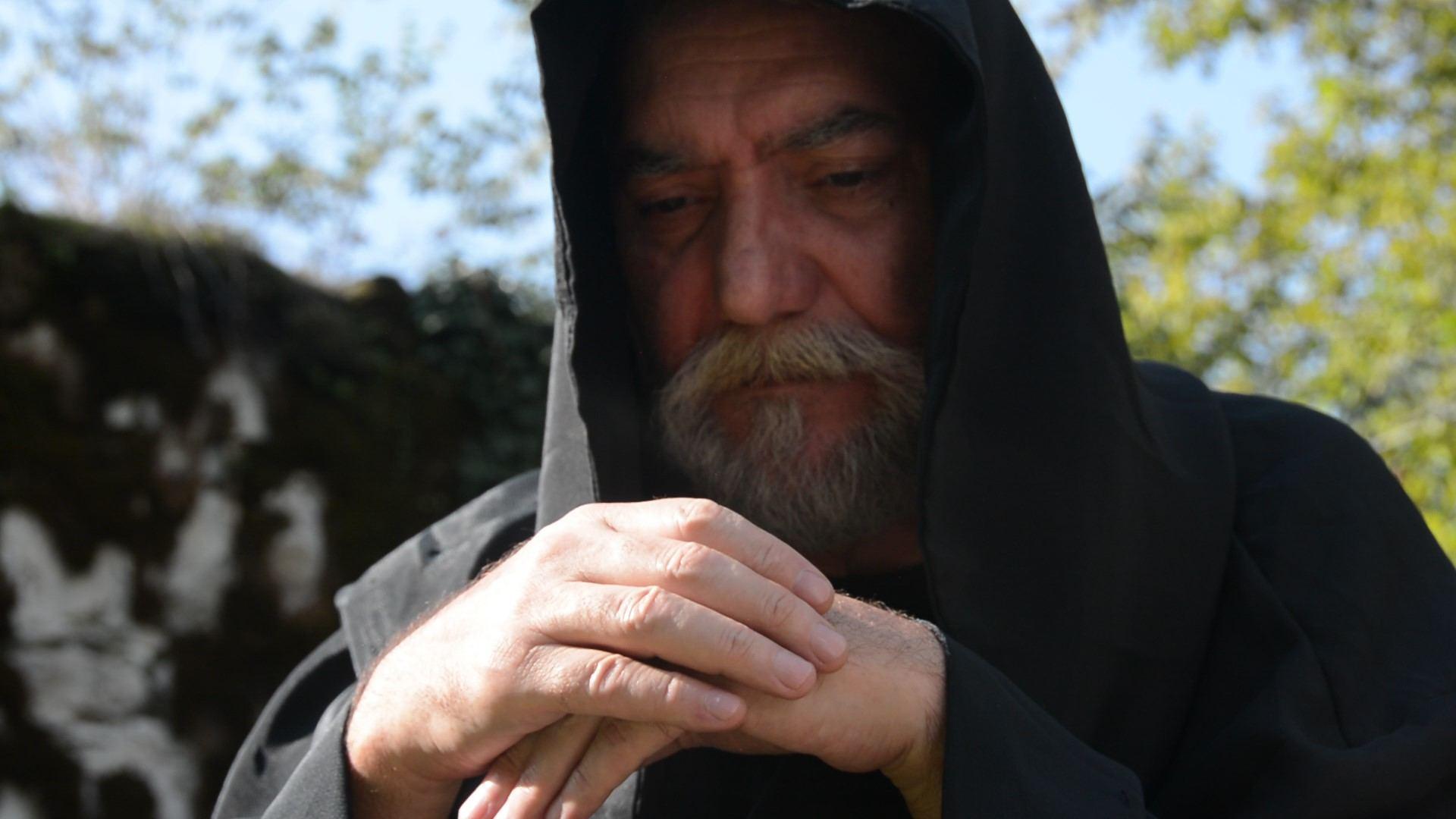




 Iran's senior military leaders described the drone and missile attack on Israel on April 14 night as “successful".
Iran's senior military leaders described the drone and missile attack on Israel on April 14 night as “successful".
 The number of evacuees from flooded areas in Kazakhstan has reached 97,852 people, including about 32,856 children since March 27.
The number of evacuees from flooded areas in Kazakhstan has reached 97,852 people, including about 32,856 children since March 27.
 Iranian President Ebrahim Raisi warned Israel that it would face a "real and extensive" response if it makes any "mistake" following Tehran’s missi...
Iranian President Ebrahim Raisi warned Israel that it would face a "real and extensive" response if it makes any "mistake" following Tehran’s missi...
